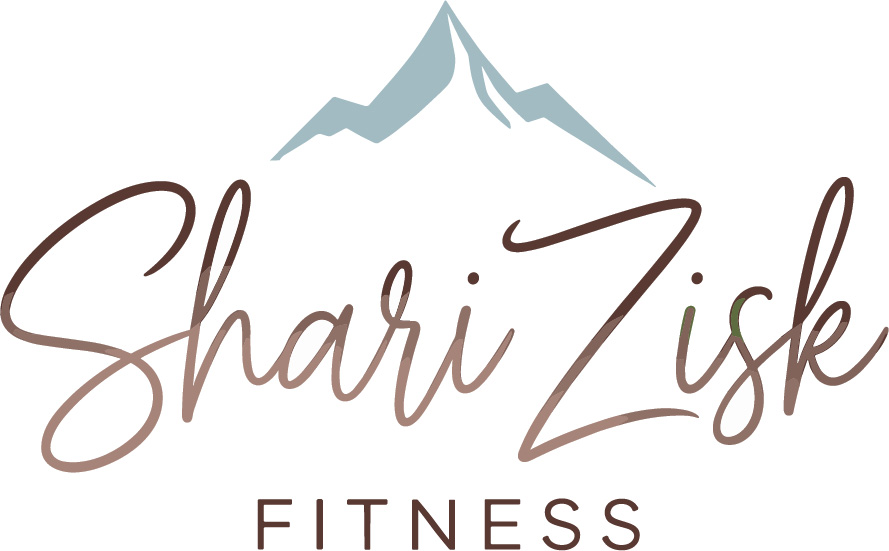
The Omnivore’s Dilemma, a natural history of four meals (Penguin 2006) by Michael Pollan was rated as one of the top 10 books of the year (2010) by both the New York Times and the Washington Post. I generally review health, fitness and wellness books but I came across this one and couldn’t put it down. Who would have thought that discussion of corn, grass, hunting, or foraging for wild mushrooms could be such a page turner.
“Eating industrial meat takes on an almost heroic act of not knowing, or now, forgetting” -Michael Pollan, The Omnivore’s Dilemma
A MUST READ
The omnivore’s Dilemma is a must read if:
You are serious about nourishing your body.
You are concerned about the environment and want a better understanding of the current issues as well as means by which you can contribute to a solution.
You are interested in learning about the role that government and policy has on bringing food to your table.
You support the humane treatment of animals, even those bred for food.
You seek further understanding about the science of energetics.
You wish to explore and enhance your own relationship to the food you consume.
HOW I HEARD ABOUT THE BOOK
I was originally inspired to read In Defense of Food, also by Pollan, after listening to a radio interview with Pollan. I bought a copy of Omnivore’s Dilemma before I had even finished reading In Defense of Food. I am always seeking healthy living resources and I surely would not have knowingly picked up a book with content heavy in agriculture, farming, hunting and government policy however with In Defense of Food I became endeared to Pollan’s writing style and trusted he could deliver a trustworthy education with depth that far surpassed the one-sided fluff that most health and fitness literature offers.
WHO IS MICHAEL POLLAN?
Michael Pollan is not a nutritionist nor a scientist. He does not work for a pharmaceutical company or for the government. He is an ‘ecological detective’ who asked “what am I eating and where does it come from?”.
His decision to write about where our food comes from lead to a cross country journey that has surely altered what appears on thousands of dinner plates across America.
IT’S NOT A DIET
While there are no recipes, meal plans, or top 10 food lists Pollan’s exposition will change not only how you eat, but your entire relationship to food, shopping and meals.
LONG WINDED AND BEAUTIFUL
Pollan is wordy. This is a lengthy work and I often found myself wondering if so much detail was necessary. Complete sensory descriptions of feedlots, pastoral scenes, and mountain vistas seem to drag on yet just as I felt the pangs of wanting to skim to the end of the paragraph Pollan surprisingly never failed to bring it all to a point that either left me with an Aha moment of clarity or shocked my reality with philosophical questions I have yet to answer.
GREAT DISCUSSIONS
I didn’t seek out learning about the following topics but the discussions enthralled me.
Native wisdom about eating. Is what we eat hardwired in our genes?
Lipophobia, America’s fear of fat and it’s national eating disorder
Are we the new corn people?
Industrial organic, is this an oxymoron?
The beauty and wonder of corn sex
Corn, cows and the Dead Zone
The industrial food chain powered by petroleum
The ingredient label, a new literary genre.
Enjoy this educational and enjoyable work, it should be mandatory reading for anyone who doesn’t grow their own food.
Related Resouces
Food Rules (Blog Post by Michael Pollan Huffington Post)
Food Inc. (the movie featuring Michael Pollan)
Eric Sanderson pictures New York — before the City
400 years after Hudson found New York harbor, Eric Sanderson shares how he made a 3D map of Mannahatta’s fascinating pre-city ecology of hills, rivers, wildlife — accurate down to the block — when Times Square was a wetland and you couldn’t get delivery.
I started pumping iron and drinking green smoothies in my teens. Now a 40+ mama with 25 years of experience working in the fitness industry, I do things differently. What I discovered during my personal healing journey made me pivot in my approach as a personal fitness and wellness coach. Now I teach people how to sweat, nourish and glow from an entirely new perspective.
Share this:
- Click to share on Pinterest (Opens in new window) Pinterest
- Click to share on Facebook (Opens in new window) Facebook
- Click to share on LinkedIn (Opens in new window) LinkedIn
- Click to share on X (Opens in new window) X
- Click to email a link to a friend (Opens in new window) Email
- Click to print (Opens in new window) Print
- More
